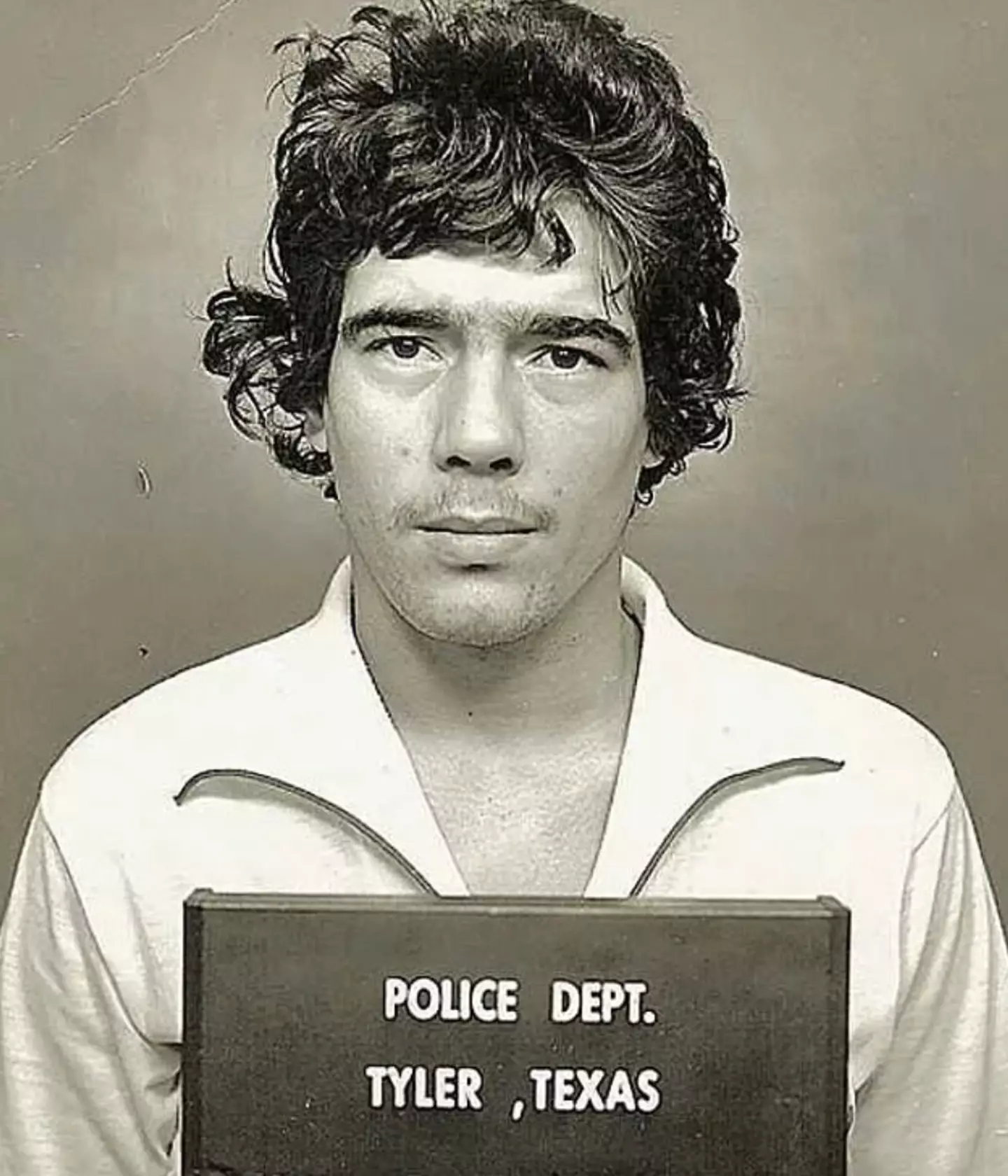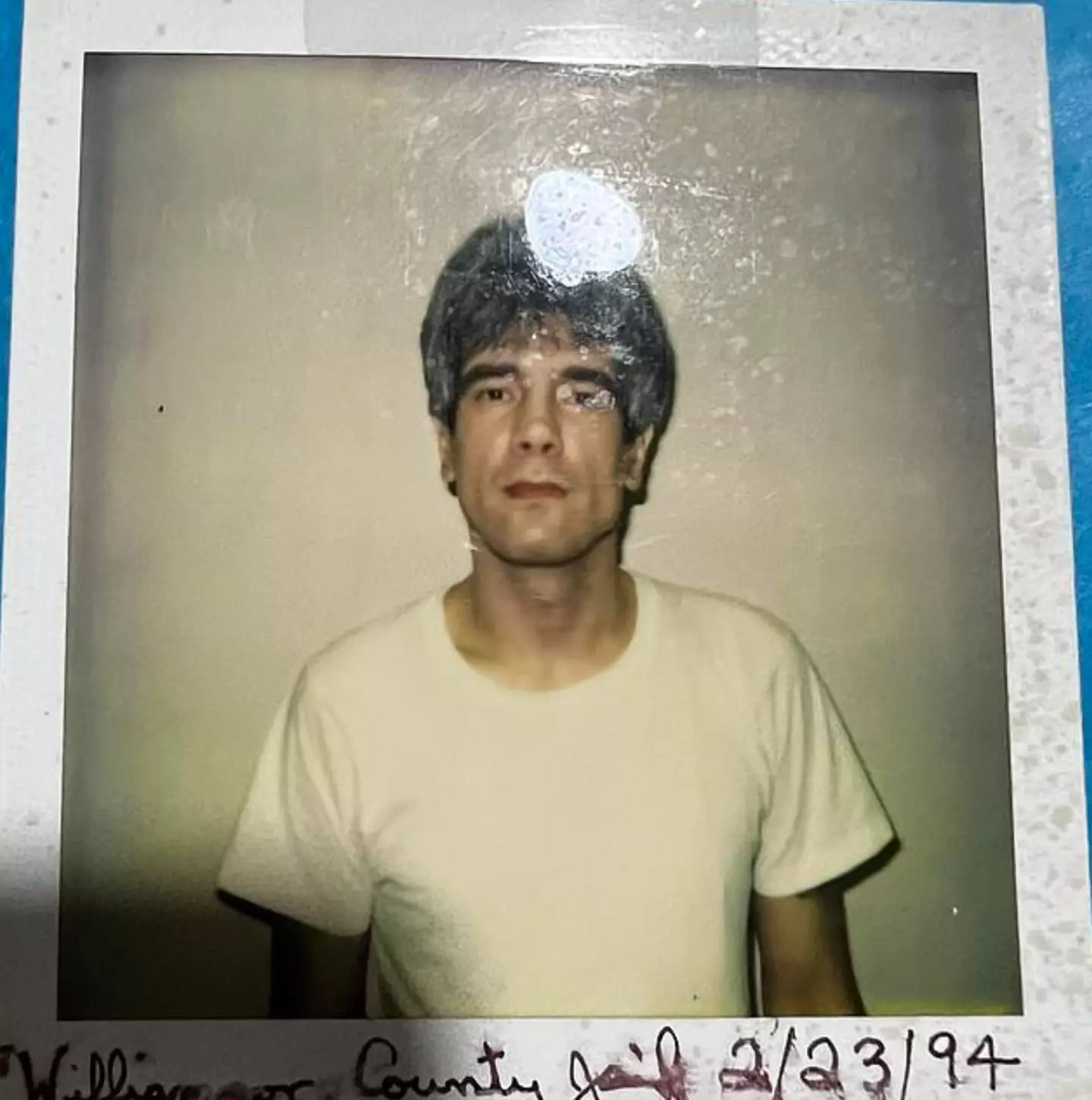An expert witness at Kerry Max Cook’s trial admitted to providing misleading testimony
A man from Texas that spent nearly 20 years on death row has been exonerated, with a judge saying his conviction went ‘beyond gross negligence’.
Back in 1978, Kerry Max Cook, now 68, was found guilty of murdering Linda Jo Edwards.
Cook’s original conviction was vacated by the US Supreme Court and remanded to the Texas Court of Criminal Appeals, which then reversed the conviction 13 years later in 1991.
A mistrial was declared during a second trial in 1992 due to the jury’s inability to reach a unanimous verdict.
A third trial in 1994 resulted in a conviction and death sentence.

Kerry Max Cook has been on death row for nearly 20 years. (Tyler Police Department)
The saga was far from over there though, as Cook’s right to due process was violated, which resulted in the conviction being reversed in 1996.
He was then tried for a fourth time in 1999, where the state offered him a no contest plea. He was sentenced to 20 years, but freed from prison due to credit given for time served – however, he was still a convicted criminal.
Now it seems the story of Cook’s time behind bars has finally come to an end after a groundbreaking decision was made on Wednesday (19 June).
The Texas Court of Criminal Appeals declared that Cook is ‘actually innocent’ after evidence was withheld in his first trial and some of the expert testimony was later proven to be false.
“This case is riddled with allegations of State misconduct that warrant setting aside Applicant’s conviction,” Justice Bert Richardson penned in the court’s opinion.
“And when it comes to solid support for actual innocence, this case contains it all – uncontroverted Brady violations, proof of fake testimony, admissions of perjury and new scientific evidence.”
Edwards was found murdered and mutilated in her bedroom in an apartment complex in Tyler, Texas in 1977.
Cook lived in the same complex at the time, with police claiming a set of fingerprints on Edwards’ patio door matched those of Cook.
An expert witness admitted he was pressured by the District Attorney’s office into providing misleading evidence about the fingerprints being fresh.

The death row inmate has been on trial multiple times.
An expert testimony would later debunk the claim with the help of scientific analysis.
Another witness admitted to lying about Cook telling him to kill Edwards so he could get a reduced sentence.
During the police investigation, it was found police destroyed human hair, which could have contained exculpatory evidence.
Richardson described these actions in his opinion released last week as going ‘beyond gross negligence’ and reaching ‘into the realm of the intentional deception against the tribunal’.
Come 2016, the trial court recommended Cook be granted relief based on the false testimony, but concluded the new evidence did not mean he was innocent.
“The State merely has to prove guilt beyond a reasonable doubt – which the State could never achieve in this case,” Richardson wrote, disagreeing with the 2016 ruling.
“Cook should therefore not have to prove his innocence beyond all doubt.
“After being incarcerated on death row for almost 20 torturous years, we hold that Cook has met the burden required for actual innocence and relief is hereby granted.”





